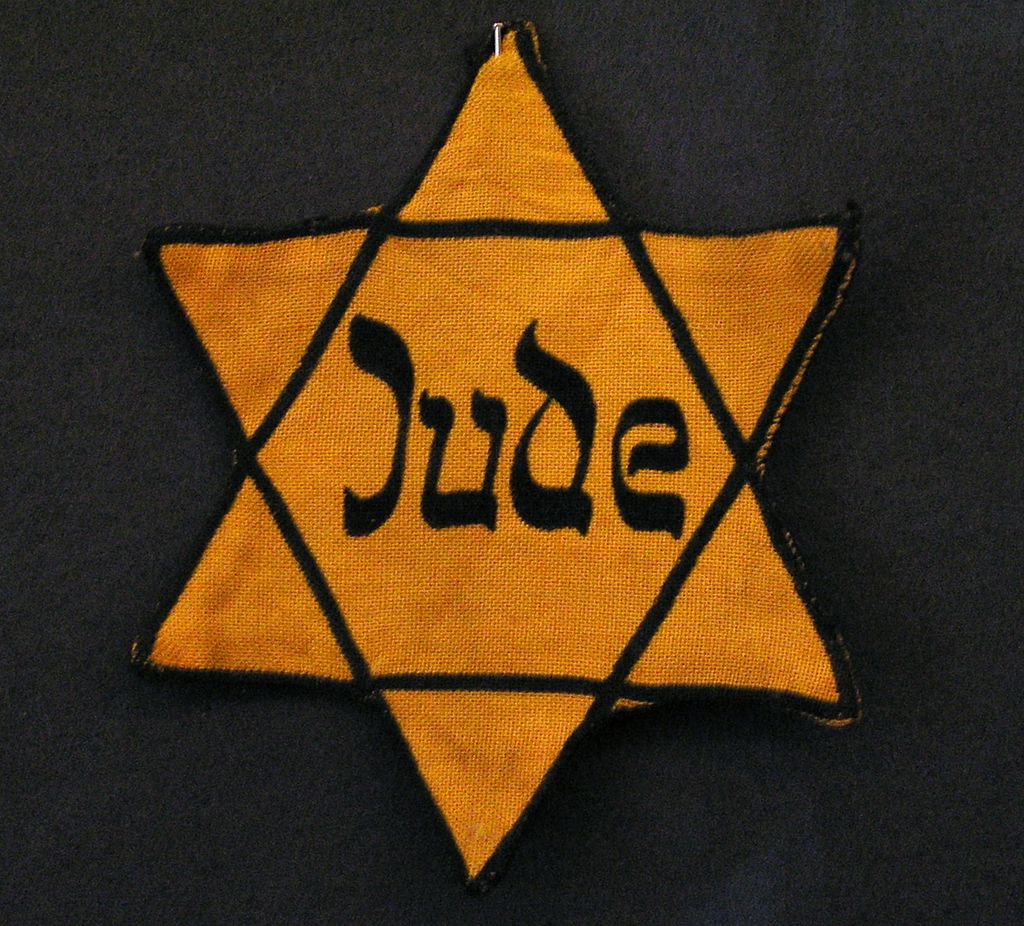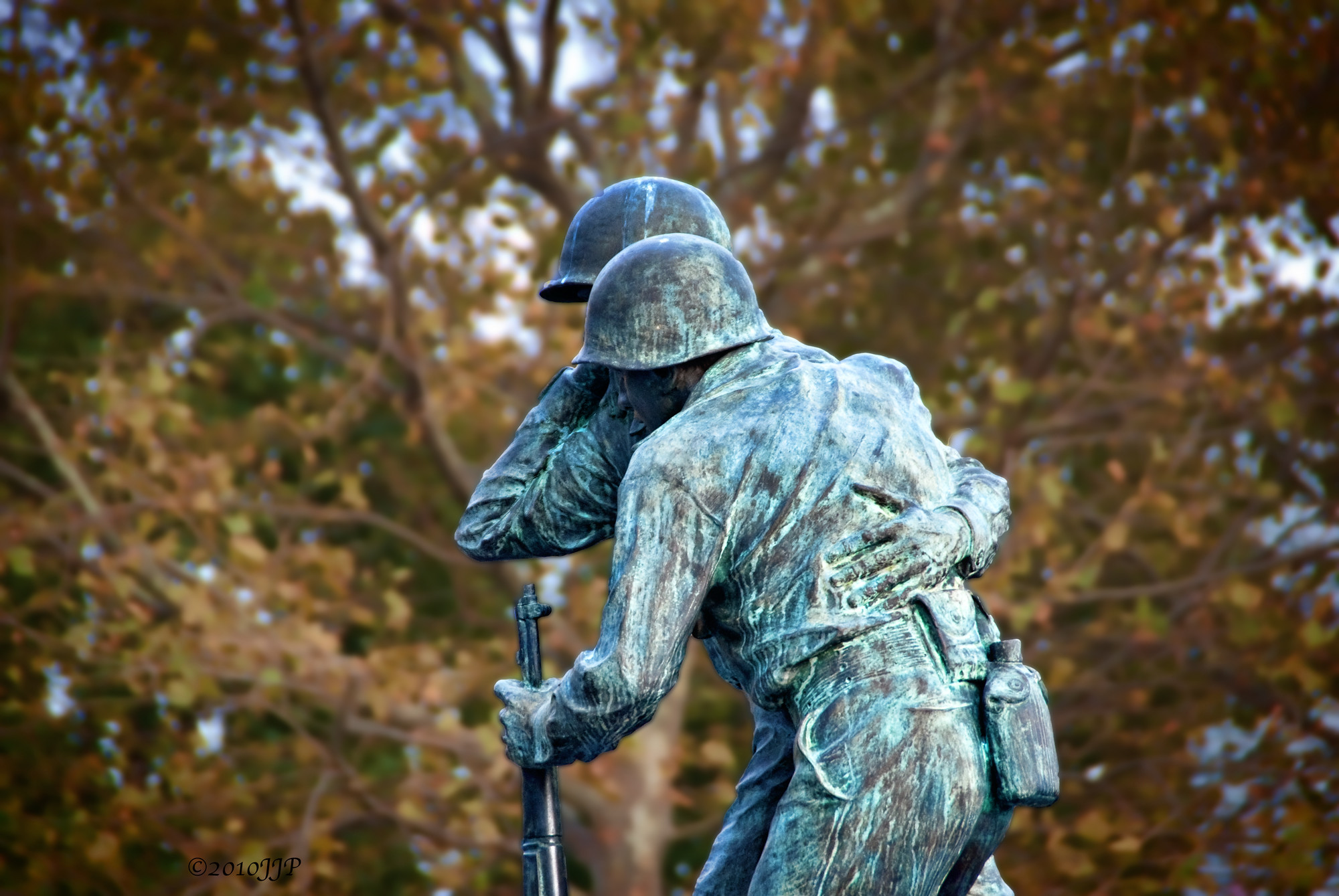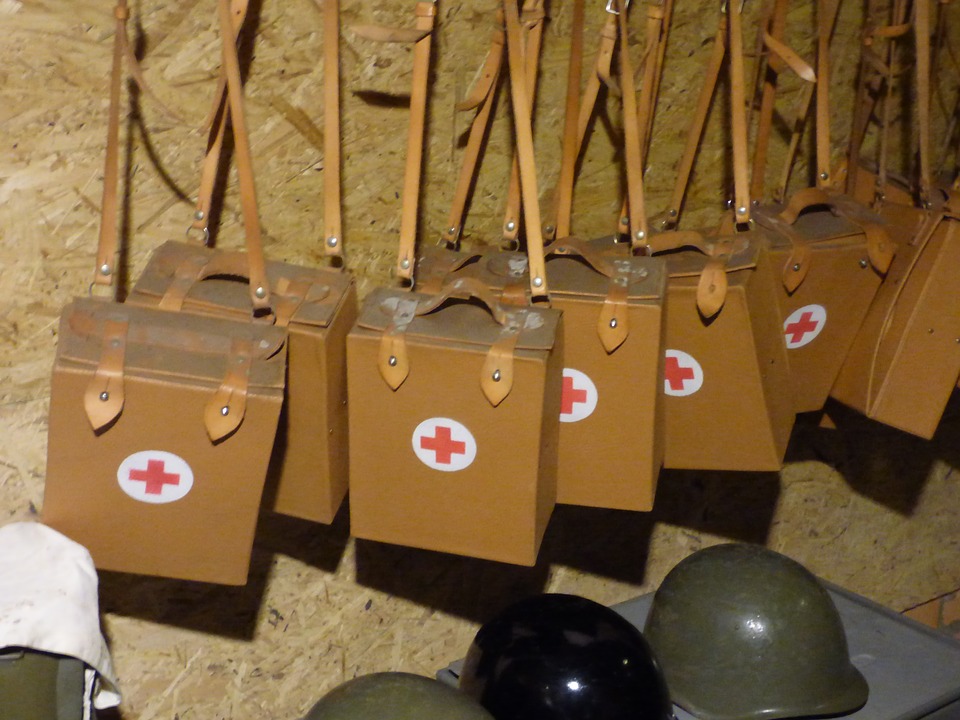Victory in Europe Day marks a time of remembrance for those who lost their lives during the second world war.
In its aftermath, the world united to make sure that the atrocities which took place during the war would never be allowed to happen again.
How Did WWII lead to our modern human rights laws?

In the 1930s and 1940s, the Nazis murdered millions of people, motivated by their racist ideology. Among the casualties were six million Jews, as many as 500,000 Roma and Sinti people, those from LGBT+ communities and people with disabilities.
Germany was governed by Adolf Hitler and the Nazi Party as a fascist dictatorship. After the Nazis came to power they persecuted the Jews and other groups: intimidating them, taking their money and property, and encouraging them to leave the country. The outbreak of WWII led to far more savage persecution, including mass killings.
As part of Hitler’s ‘Final Solution,’ the Nazis gathered Jews and other persecuted groups in concentration camps. Camp prisoners endured systematic cruelty; beating, starvation and torture were normal. Doctors, including the notorious Dr Mengele, performed brutal experiments. The Nazi government depended on slave labour. Conditions in camps were brutal and degrading, and often resulted in deaths. Many camps contained gas chambers, where prisoners were exterminated.
This policy of cruel treatment and deliberate, systematic genocide across German-occupied Europe shocked the world. After the Nazis were defeated by the Allied Forces in WWII, the world united to agree on minimum standards of dignity to be afforded to all human beings. These minimum standards became known as human rights. They were recorded in the Universal Declaration of Human Rights and made enforceable in Europe under the Human Rights Convention. The Convention articles prohibiting torture, slavery and forced labour clearly sought to confine such barbaric treatment to history.
It started with discrimination…

Discrimination motivated many of the Nazi’s human rights breaches. The Nazi’s anti-Semitic Nuremberg laws limited what jobs could be done by Jews, as well as their rights of citizenship. Jewish people’s movement was restricted and they were forced to wear a yellow star on their clothes.
In response to these injustices, the Human Rights Convention specifically includes a right to freedom of thought, conscience and religion. Plus, the Human Rights Convention states that everyone must be able to enjoy their Convention rights without discrimination on grounds such as sex, race, religion, political or other opinion and national or social origin.
Treatment Under Law
Originally, concentration camps were intended to imprison Nazi opponents without trial. Puppet courts, packed with Nazi judges, distorted the laws to enforce the Nazi’s decrees. Poles and Jews received different punishment from non-Jewish Germans for the same crimes, and their rights to a fair hearing were severely restricted. Nazi courts could impose death sentences, even where such a sentence was not provided for by law.
The right to liberty and security of person, the right to a fair trial, and the requirement that there can be no punishment without law, aim to prevent such injustices from ever being repeated.
Free speech, marriage and family life
Books written by Jewish authors were ordered to be removed from libraries and Jews were banned from publishing German newspapers. Organisations with potential influence, including trade unions, were eliminated. Today, the Human Rights Convention protects the freedoms of expression, assembly and association.
German law under the Nazis specifically prohibited sexual intercourse and marriage between Jews and non-Jewish Germans. The Human Rights Convention specifically provides for a right to respect for private and family life as well as the right to marry in order to protect against such discriminatory laws.
Remembering those who fought for our freedoms
Over 3.5 million men served in the British Army in WWII. About 385,000 died or suffered wounds. British soldiers liberated prisoners detained in horrendous conditions in concentration camps, including over 60,000 at Bergen-Belsen. It must also be remembered that women played a vital role in the fight for human rights, especially the half a million women who joined services like the Auxiliary Territorial Service, including Princess Elizabeth.
In the wake of the War and the horrors of the Holocaust, British Prime Minister Winston Churchill called for the creation of a “Council of Europe”, an international organisation to promote democracy, the rule of law and human rights. British lawyer and Conservative MP David Maxwell Fyfe assisted the Council of Europe to draft the Human Rights Convention, which protects our rights to this day.
For more information:
- Read our feature: How British is the European Convention on Human Rights?
- Learn more about David Maxwell Fyfe, the British lawyer and MP who helped draft the Human Rights Convention.
- Find out what your rights are under the Human Rights Convention.








